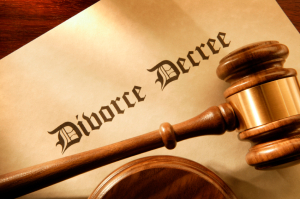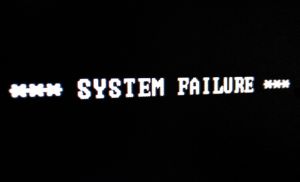Most people have had buyer’s remorse from time-to-time. The moment a person realizes he or she has made a bad deal can be very disappointing. As a Jacksonville divorce lawyer, I can tell you that settlement agreements in divorce cases can leave a person feeling the same way. Marital settlement agreements can be used to resolve any issue in a divorce case. Some subjects, like custody or time-sharing, may have to be approved by the court before being made a part of the final divorce decree. Child support, for example, that is normally based on guidelines can be more than what the law requires, if both parties have agreed to it. A father that has agreed to pay $200 additional in child support per month will typically be stuck with the terms of the agreement he signed. 
Florida courts have long held that a signed settlement agreement in divorce cases will bind both parties. This is so, because courts prefer people to work the cases out themselves, rather than rely on the court to solve problems through litigation. Jacksonville divorce lawyers would all hope that their clients won’t enter into agreements without the divorce lawyer having an opportunity to review and advise the client about the agreement, but divorce lawyers are sometimes faced with having to search for ways to get a client out of a settlement agreement the lawyer was not involved in. Unless certain circumstances exist, a person is bound by a signed settlement agreement in divorce cases. Things that can make a settlement agreement unenforceable include fraud, duress, misrepresentation, and overreaching.
For example, a situation where a husband threatened to turn his wife and her business partners in to the IRS unless she signed the marital settlement agreement was found to be duress, and the agreement was set aside. Where one party has lied about what assets are available, courts are likely to invalidate those agreements, as well. Experienced Jacksonville divorce lawyers at the Law Office of David M. Goldman, PLLC can help you maneuver through the issues in your divorce case. Free consultations are available. Call us today at (904) 685-1200.










